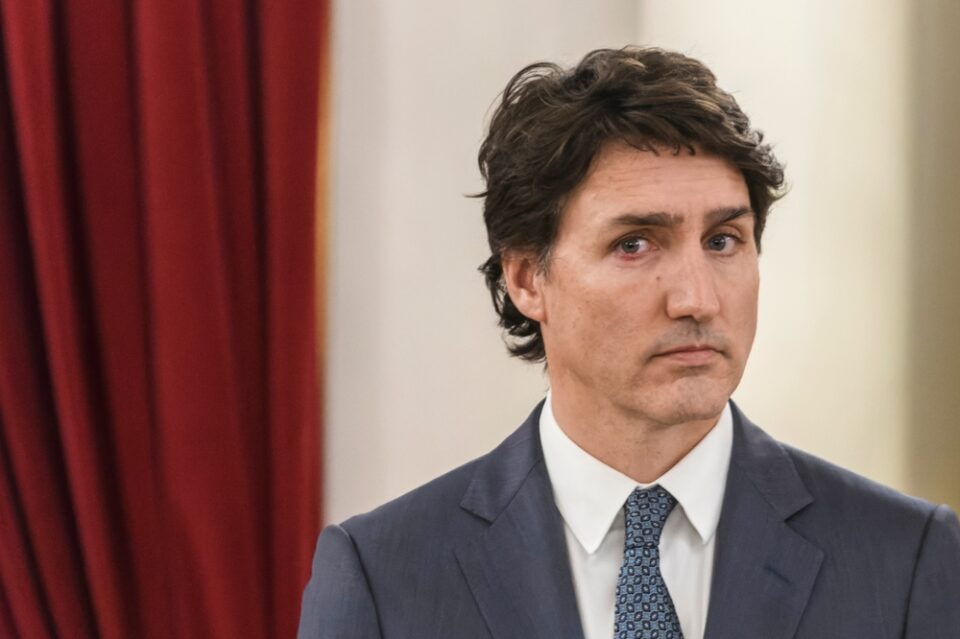Donald Trump isn’t even officially president yet, but his influence is already sending shockwaves through international politics, particularly for Canadian Prime Minister Justin Trudeau. Trudeau, often the target of Trump’s sharp humor and no-nonsense style, is finding himself in increasingly turbulent waters. With Trump ramping up pressure through economic threats and pointed jabs, the Canadian leader is left juggling a government on the brink of collapse and a public rapidly losing confidence in his leadership.
Trump has not held back in poking fun at Trudeau, repeatedly referring to him as the “governor” of the “great state of Canada.” While some may chuckle at the quip, the message is crystal clear: Trump views Canada as little more than a junior partner, and Trudeau, in his eyes, has done little to elevate the country’s standing. This rhetoric comes alongside more serious economic threats, such as a proposed 25% tariff on Canadian imports—a blow that could severely cripple an already struggling Canadian economy. For Trudeau, these barbs and policy threats have only added to the pile of political problems threatening to topple his Liberal government.
The situation escalated further this week with the resignation of Chrystia Freeland, Canada’s Deputy Prime Minister and Finance Minister. Reports suggest that Freeland stepped down over disagreements about how to handle Trump’s looming tariff threats, leaving Trudeau without one of his closest allies during a critical moment. Adding fuel to the fire, Jagmeet Singh, leader of the New Democratic Party, signaled that his party might withdraw its support from Trudeau’s minority government, potentially forcing elections before October. Trudeau’s once-firm grasp on power now looks alarmingly shaky.
Just days ago, Trudeau made a trip to Mar-a-Lago that seemed less like a diplomatic meeting and more like a desperate attempt to salvage relations with Canada’s largest trading partner. Trump, never one to miss an opportunity to highlight his dominance, made a public spectacle of the encounter, further diminishing Trudeau’s stature. Jokes about Canada becoming the 51st U.S. state might have been lighthearted, but the damage to Trudeau’s credibility back home is no laughing matter. For a leader already under fire for his handling of domestic issues, Trump’s antics have only added insult to injury.
Meanwhile, the chaos has provided ammunition for Trudeau’s critics, particularly Pierre Poilievre, leader of Canada’s Conservative Party. Poilievre has seized on the narrative that Trudeau’s leadership has left Canada vulnerable to Trump’s hardball tactics. He’s positioning himself as the leader who can stand up to Trump, making the case that a stronger, more assertive approach is needed. With Freeland’s departure, Singh’s threats, and Trump’s relentless pressure, Trudeau’s government looks increasingly like a sinking ship. Whether through an early election or internal revolt, Trudeau’s days as prime minister seem numbered—and Trump’s influence is undeniably a factor in his political unraveling.

